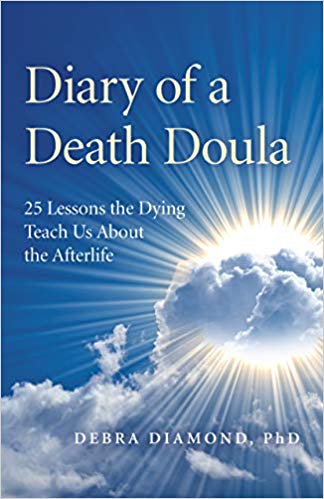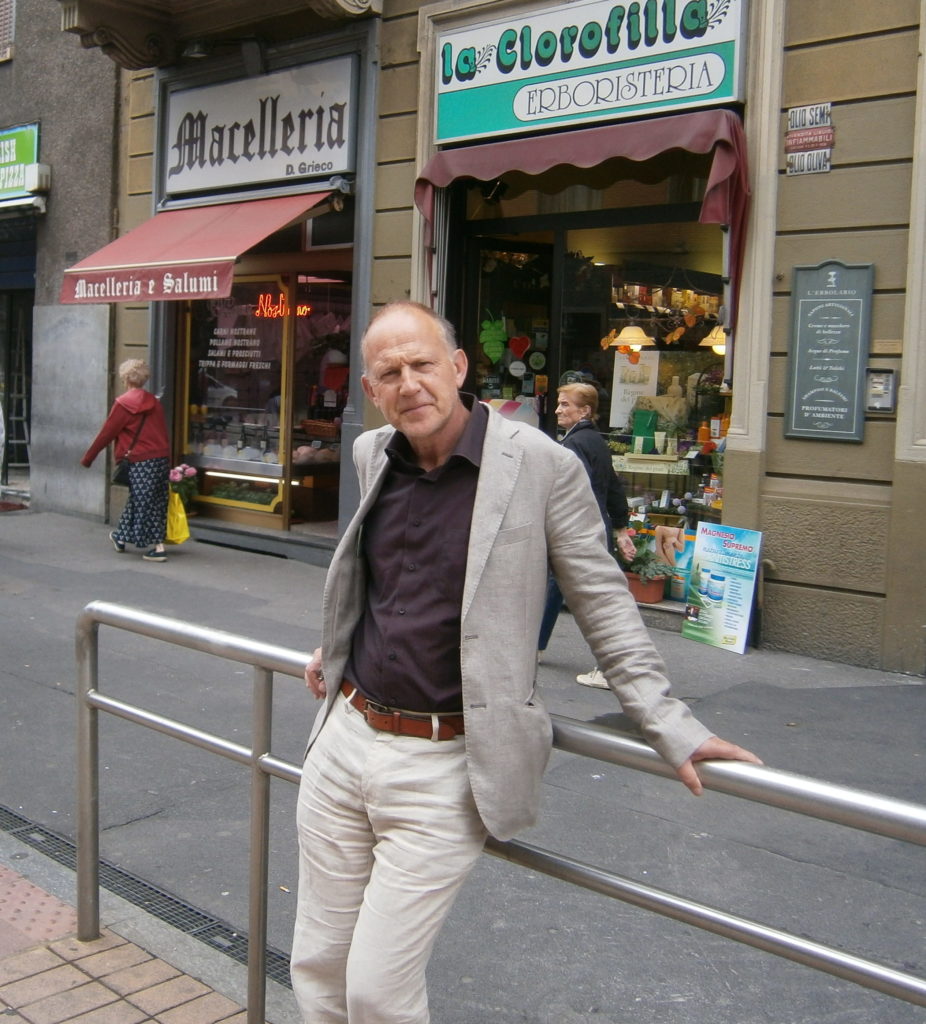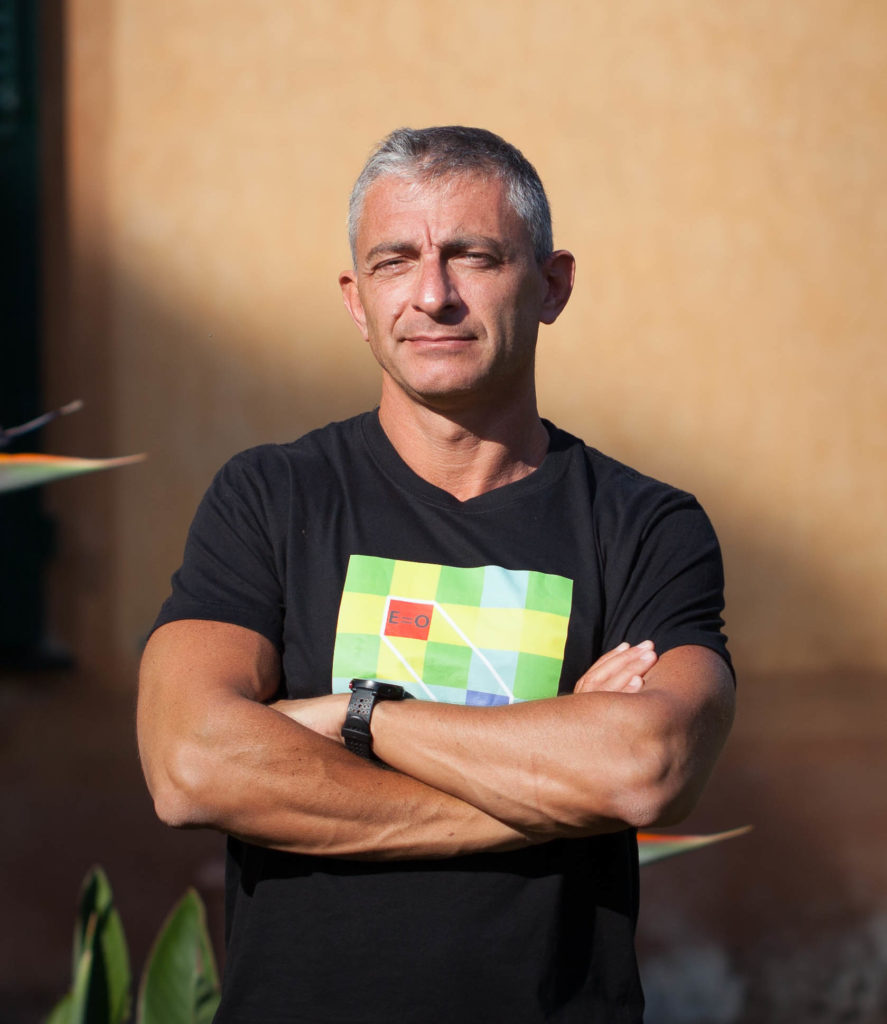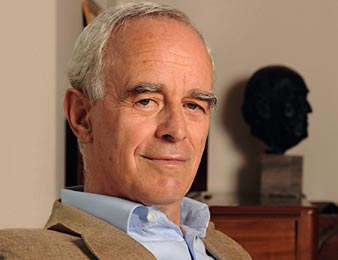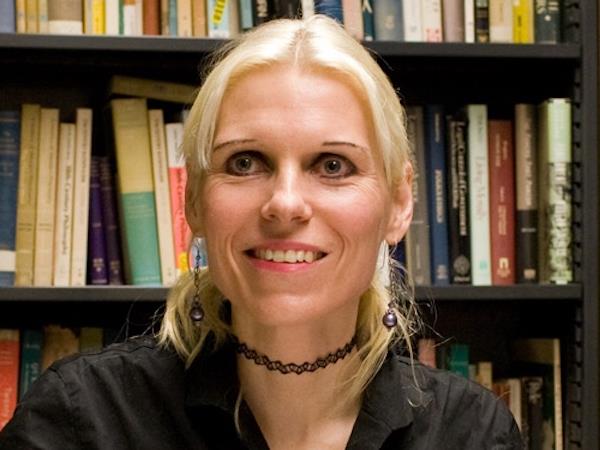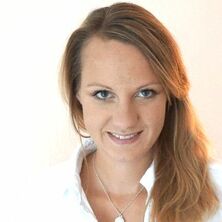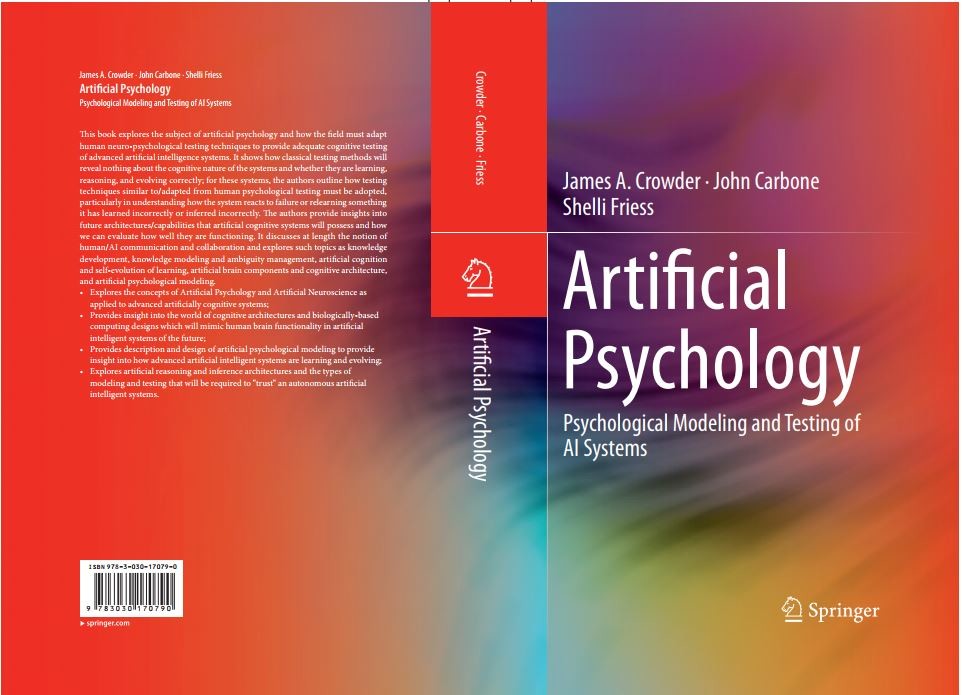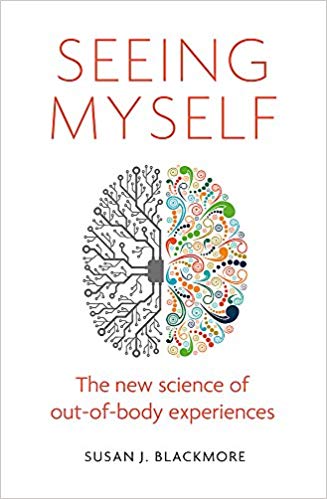In this episode, I had the honor of speaking with Mark Gober, himself the host of a podcast about consciousness. Mark is a Board member at the Institute of Noetic Sciences (IONS), Partner at Sherpa Technology Group in Silicon Valley, former New York investment banker and now also an author and podcast host. His book, An End to Upside Down Thinking, shines the light on a different way of understanding consciousness.
We had a great conversation and covered consciousness as a fundamental property, psi phenomena, and more. Please enjoy this episode with Mark Gober.
Questions we discussed:
- First, tell us a little bit about your book, “An End to Upside Down Thinking.” [I think from the subtitle, we can get an idea of your position on consciousness, but please give us an overview.]
- What is the central idea here that will rock the scientific world?
- You’ve gotten some pretty impressive endorsements. Any from hard scientists such as physicists, neuroscientists, etc.?
- If not, why do you think that is?
- What about your ideas could or should change the way we treat each other?
- What is consciousness?
- How does this explain things like:
- Near death experiences (NDEs)
- Psychic abilities
- Other psi phenomena
- Your position is that consciousness is fundamental, that is creates all material reality, yes?
- Can you explain how that works, or expand on the idea for us?
- What role, if any, does the brain, the body, neurons, etc. play in our consciousness? A filter.
- My ‘identity’ is my consciousness, not my body. Does that mean my consciousness existed outside the timeline of my earthly life, before and after?
- What kind of power do I have then, with my consciousness? Can I intentionally change my reality?
- How do consciousnesses (say yours and mine or that of the non-physical and mine) interact?
- What’s next for you after this book?
- What breakthroughs do you see coming in the next 5-15 years with our understanding of consciousness?
- What else?
Podcast: Play in new window | Download
